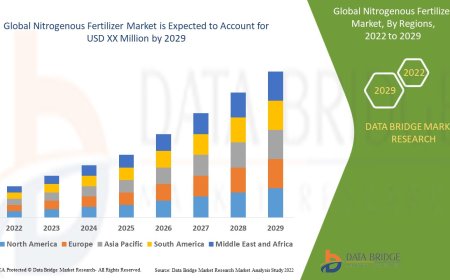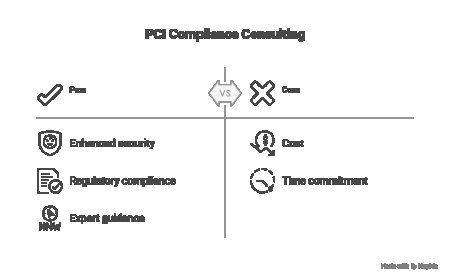Using ERP Systems to Align HR Strategy with Business Goals in Saudi Enterprises
Learn how ERP can help plan the workforce more intelligently by enabling the future talent needs to be predicted on the basis of business projections.

Saudi businesses are currently undergoing an economic transition which is mostly influenced by vision 2030. In the effort of achieving better efficiency and competitiveness in the companies, it has become necessary to align the human resource (HR) strategy with the strategic goals of the business. Still, this alignment is impeded by manual processes, disparate data and fragmented systems. This is where the best erp in saudi arabiacome in, which provide a data-driven and centralized method of HR that directly aligns with larger business aims.
The importance of Alignment is greater than ever before:
Corporate-driven HR alignment makes sure that workforce of an organization is not only competent but also motivated and focused on reaching the corporate goals. In Saudi Arabia, labor nationalization (Saudization) and digital transformation is a priority issue, aligning the HR strategy is not only good practice, but also a prerequisite to survive and prosper.
Misalignment between HR strategies and business requirements exposes companies to the risks of talent shortage and ineffective hiring practices, lack of employee engagement, and, eventually, reduced productivity. ERP systems eliminate this risk because they serve as a liaison between HR and enterprise-wide planning that provides one version of truth to make decisions.
Informed Decision-Making with Centralized Data:
Among the major benefits of employing ERP in HR is the availability of accurate data in a single point. Conventional HR systems tend to work in isolation and it becomes hard to follow up on employee performance, skill sets or training requirements. ERP programs integrate this data with other business processes such as finance, operations and project management.
Real-time analytics helps Saudi business keep track of workforce KPIs that have a direct effect on the performance of the organization. To give an example, when a construction company in Riyadh experiences delays in delivering projects, ERP data may show that the reason is the lack of skilled labor. The HR could then change the recruitment strategies or provide training to eliminate the problem, thus, keeping the business back on track.
Talent Acquisition and Workforce Planning Optimization:
ERP can help plan the workforce more intelligently by enabling the future talent needs to be predicted on the basis of business projections. In the competitive environment of Saudi Arabia, where the industry of logistics, healthcare, and tourism is developing rapidly, it is important to be able to predict the future HR needs and meet them.
ERP enables HR teams to plan their recruitment programs regarding future business expansions and projects. When expanding a retail business in Jeddah or opening a new factory in Dammam, ERP systems guarantee that the appropriate individuals are recruited at the appropriate time, at the lowest possible cost and within a short duration.
Strategic View of Training and Development:
In most organizations, training programs are reactive and are carried out without a clear performance or growth linkage. When ERP is integrated, training and development is a strategic option. HR will be able to monitor which teams are not performing well, figure out the reason, and introduce specific learning programs.
Furthermore, the hr software in saudi arabia systems facilitate performance evaluations that are connected with actual business results. This changes employee development as a matter of routine HR activity to a matter of corporate strategy.
Adherence and Policy Incorporation:
Regulatory compliance, particularly where labor laws, Saudization quotas, and employee benefits are concerned, is a big issue in the Saudi business climate. ERP systems assist in enforcing compliance by incorporating rules and policies into tasks. The reminder of the renewal of a contract, leave policy or expired visa, are automated and make sure that HR activities are not only efficient, but also compliant.
Moreover, HR policies, once matched with business ethics and legal systems, lead to the improvement of organizational reputation an asset of crucial importance in the context of the globalizing Saudi Arabian economy.
Conclusion:
ERP systems are not anymore back-end systems, but strategic enablers. The integration of HR functions into the business core processes can make Saudi enterprises more data-driven, goal-focused, and nimble workforce. With Vision 2030 still redefining the economic priorities, organizations that can align HR strategy with business objectives by using ERP systems will become distinct, not just on their performance, but on their flexibility and adaptability.
ERP-driven HR alignment is not a choice, but the key to long-term success of Saudi companies that want to grow, innovate, and lead.




































